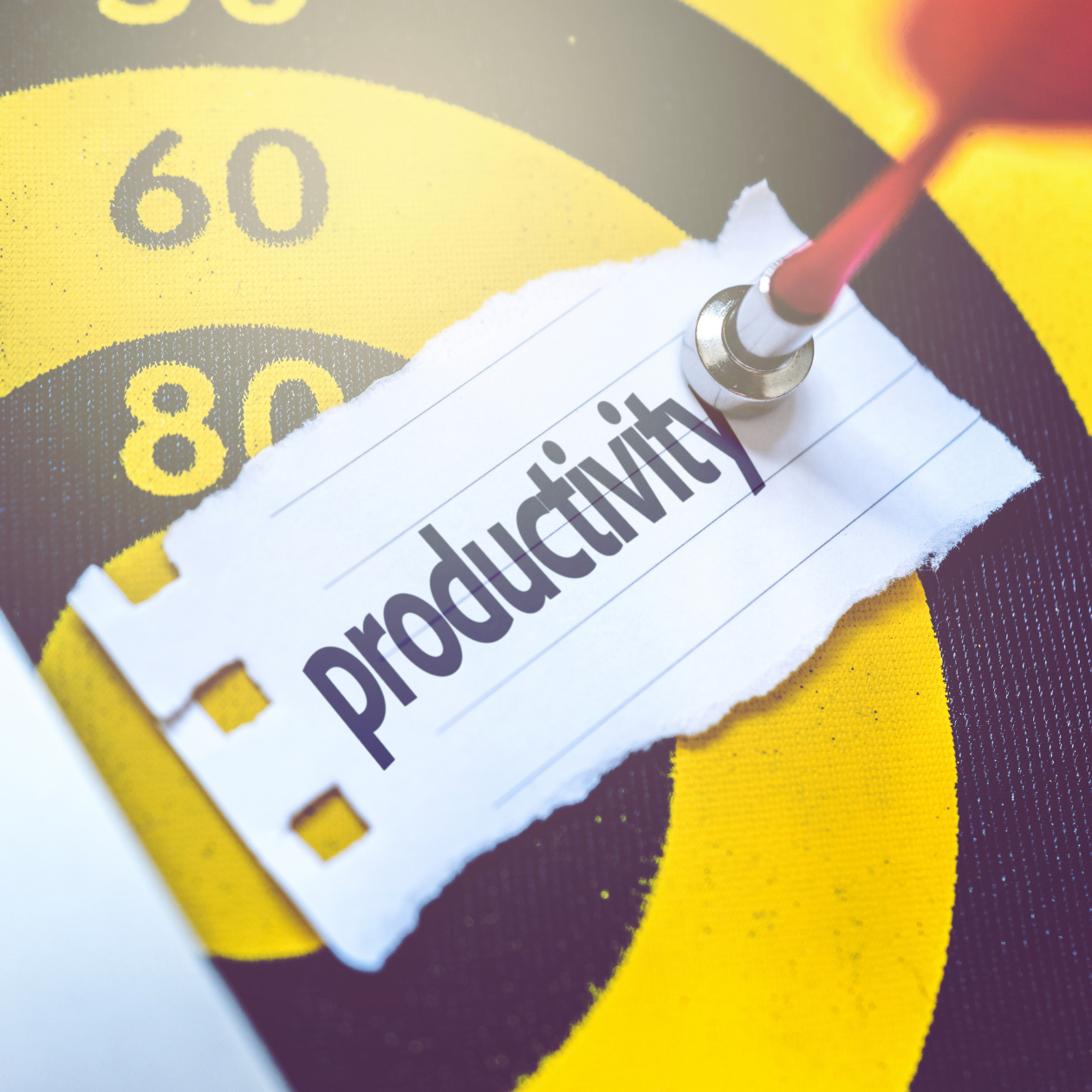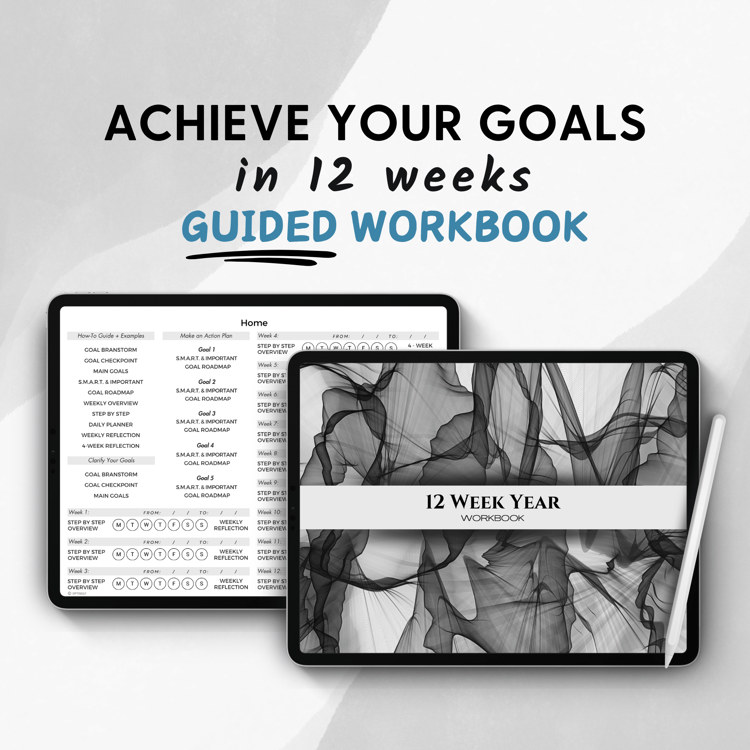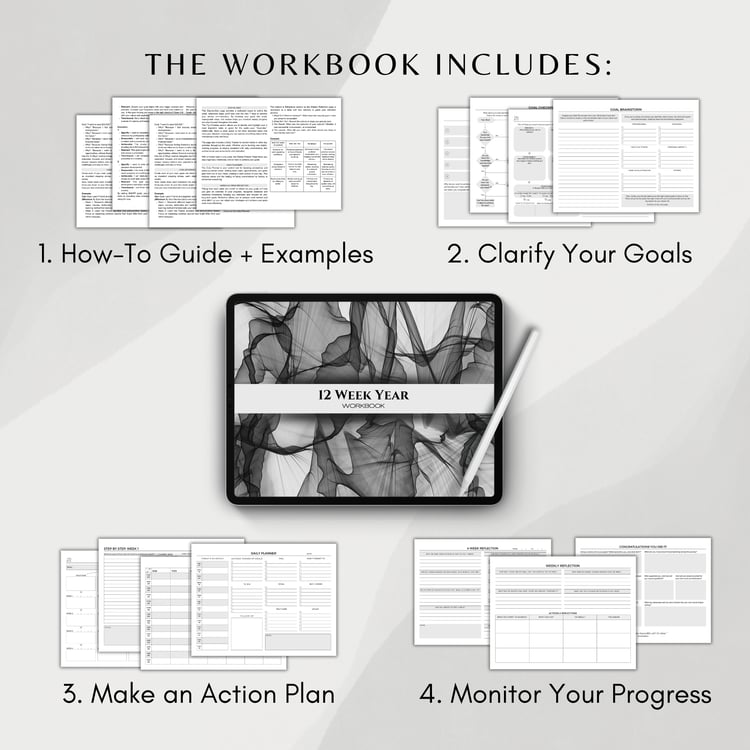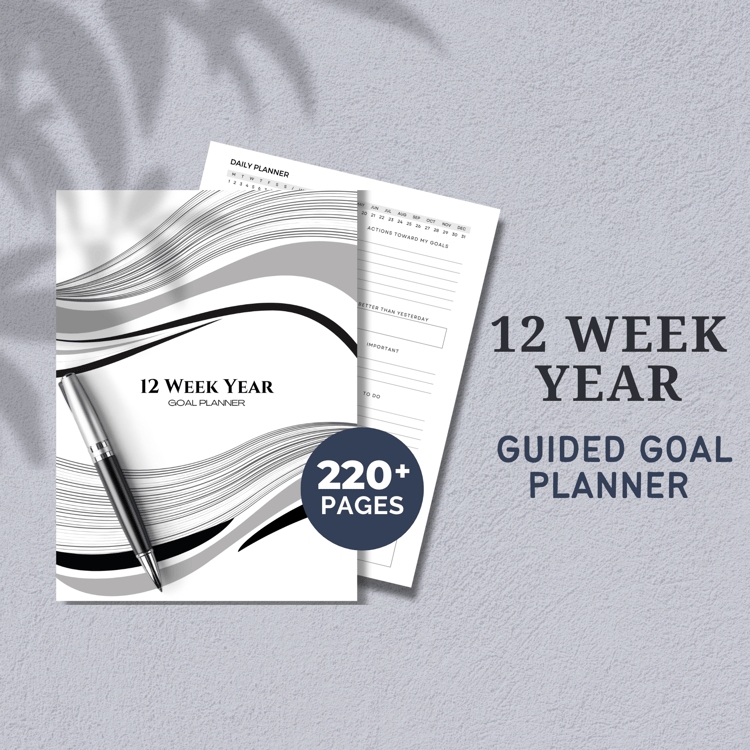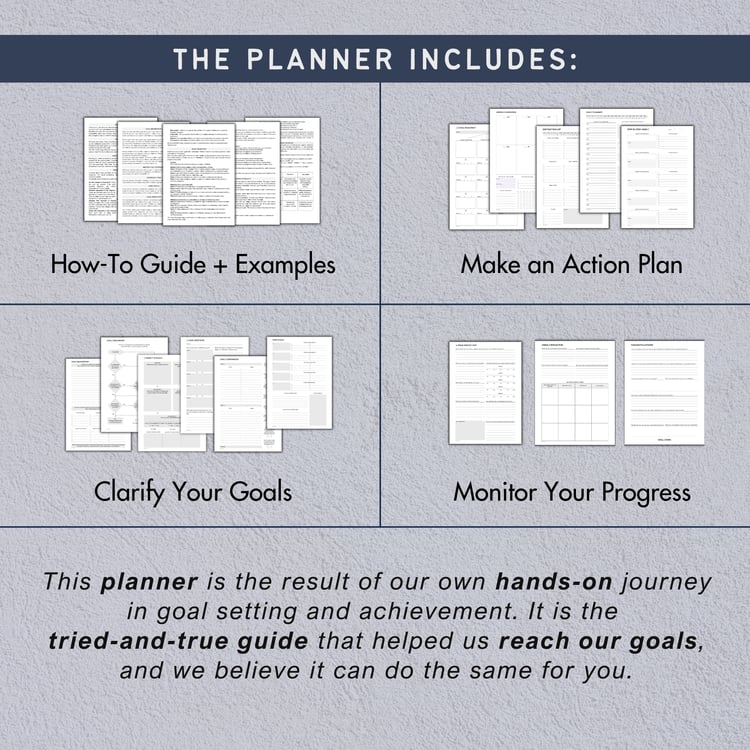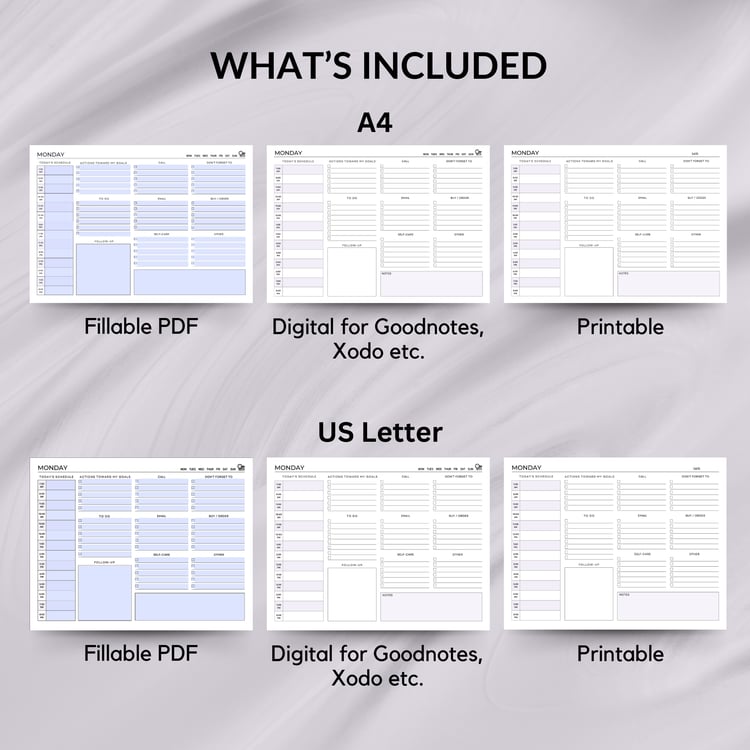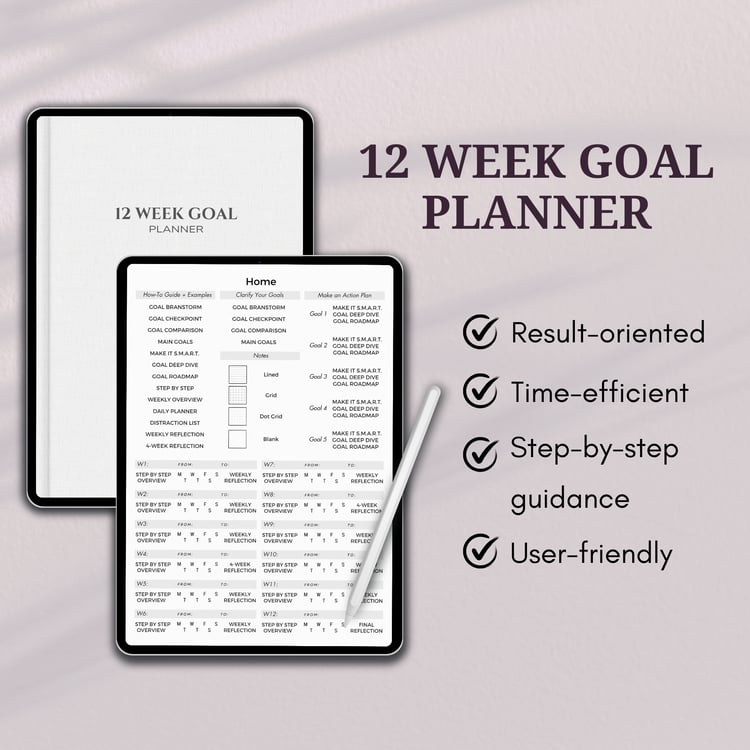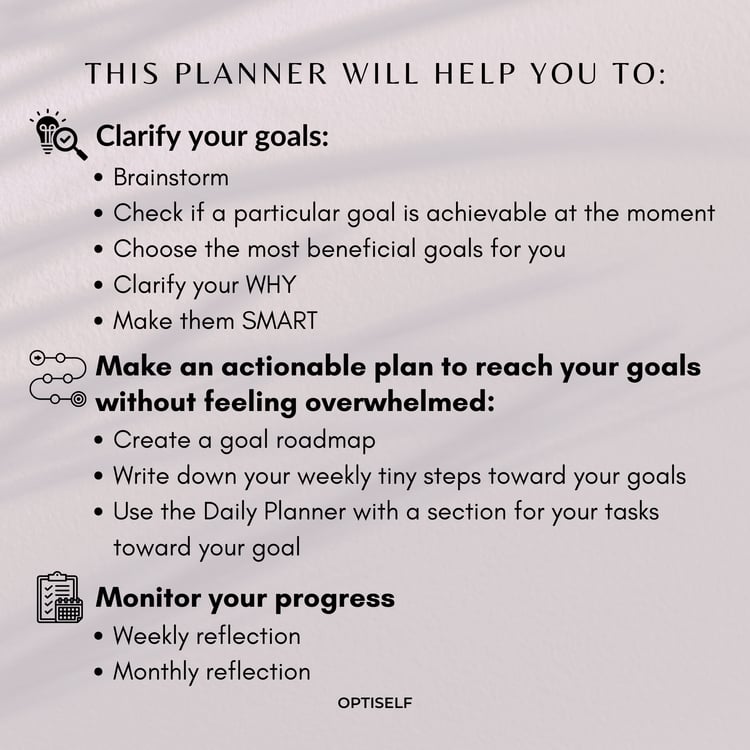Discipline is often seen as the backbone of productivity. But what if you’re someone who struggles with self-discipline, gets easily distracted, or just doesn’t thrive under rigid schedules? The good news is that discipline isn’t the only path to getting things done. By leveraging smart strategies, habits, and external motivators, you can boost your productivity in a way that suits your natural tendencies and strengths. Productivity isn't about forcing yourself into an unnatural mold—it’s about finding methods that work for you.
Here are some practical methods for improving productivity when discipline isn’t your strong suit.
1. Start Small: Focus on Bite-Sized Tasks
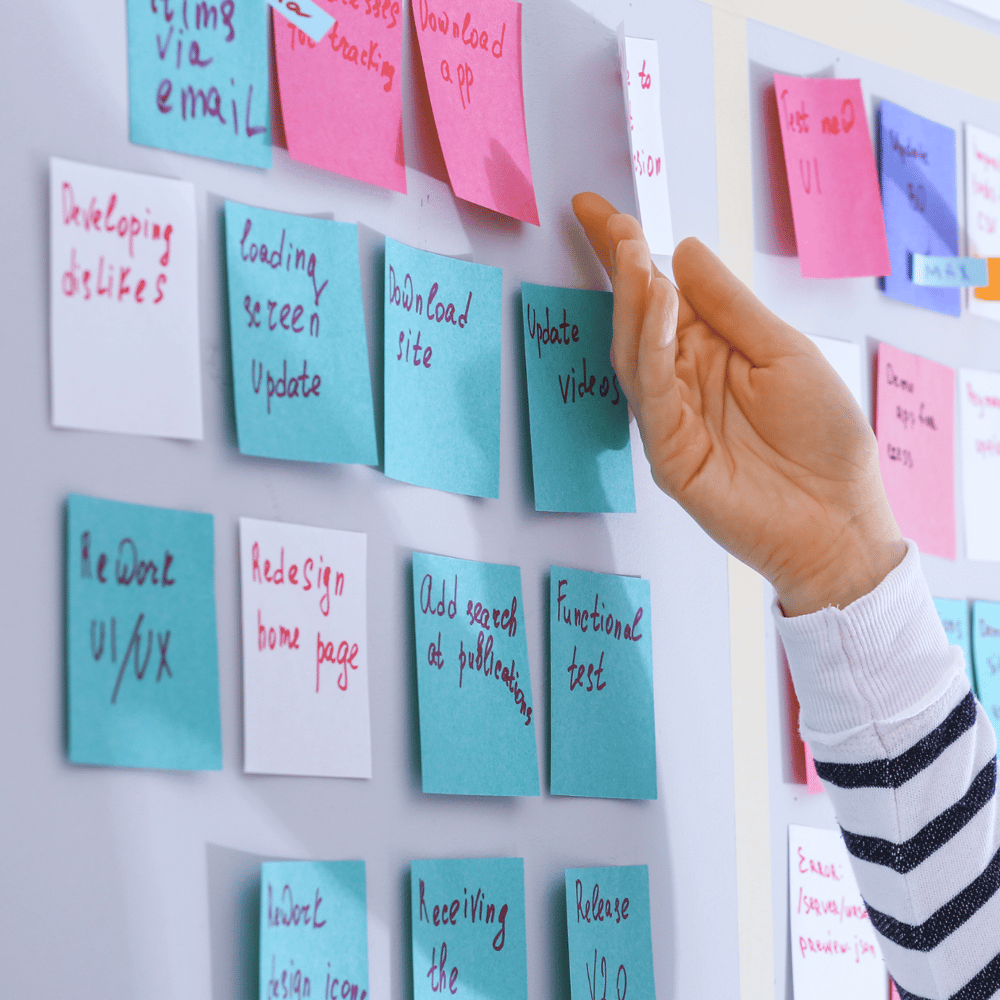
Large, complex tasks can feel overwhelming, often leading to procrastination and stress. Instead of viewing them as a single, daunting challenge, break them down into smaller, manageable steps. When a task feels achievable, the mental resistance to starting decreases significantly.
Additionally, each completed step serves as a confidence booster, reinforcing momentum and making the entire process feel more manageable. To enhance this approach, set micro-goals with short timeframes, such as working on a task for just five minutes. Often, once you start, it becomes easier to continue, helping you make consistent progress.
Example: Suppose you need to clean your entire house, but the task feels overwhelming. Start by cleaning just one room or even just your desk. Finishing this small task may give you the motivation to keep going, helping you make progress without having to tackle everything at once.
2. Set Clear, Achievable Goals
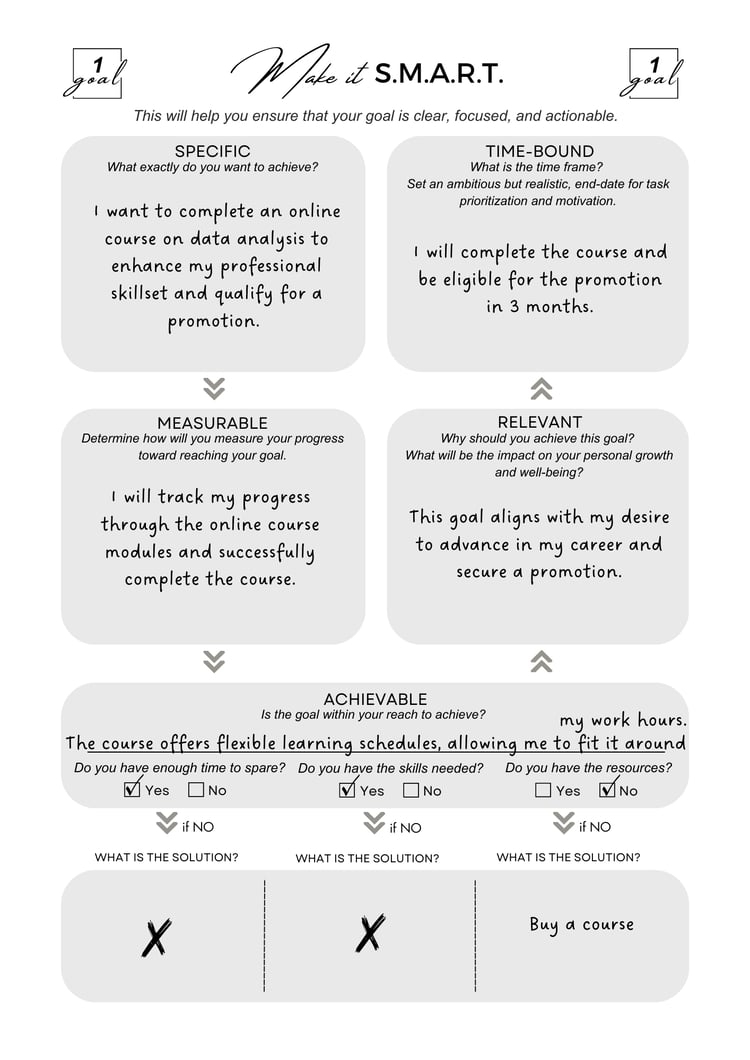
A lack of discipline often stems from a lack of clear direction. If your goals are vague or unrealistic, it’s much harder to stay motivated. Instead, set specific, achievable goals that clearly define what success looks like. For example, instead of saying, “I want to exercise more,” set a goal like, “I will exercise for 30 minutes, three times a week.”
Using deadlines is another way to stay productive. Even self-imposed deadlines create a sense of urgency, helping you move forward. Combine deadlines with external accountability for even greater effect.
3. Start with the Easiest Task First
Instead of tackling your hardest or most important task first (which can lead to procrastination), start with something easy to build momentum. Completing even a small task can provide a sense of accomplishment, motivating you to keep going. This is often called the "Snowball Method" in productivity circles.
Example: If you have a mix of tasks to complete, start with the simplest one, like organizing your desk or sending a quick email response. Once you start ticking tasks off, you might feel motivated to continue and tackle the harder ones.
4. Pair Tasks with Enjoyable Activities
If discipline is your weakness, “temptation bundling” is an effective strategy. This involves pairing something you need to do (but don’t enjoy) with something you enjoy. For instance, listen to your favorite podcast while doing mundane tasks like cleaning or data entry. Or allow yourself to work in a cozy café with good coffee when tackling a big work project.
By combining something enjoyable with something necessary, you make the less appealing task easier to start and more pleasant to complete.
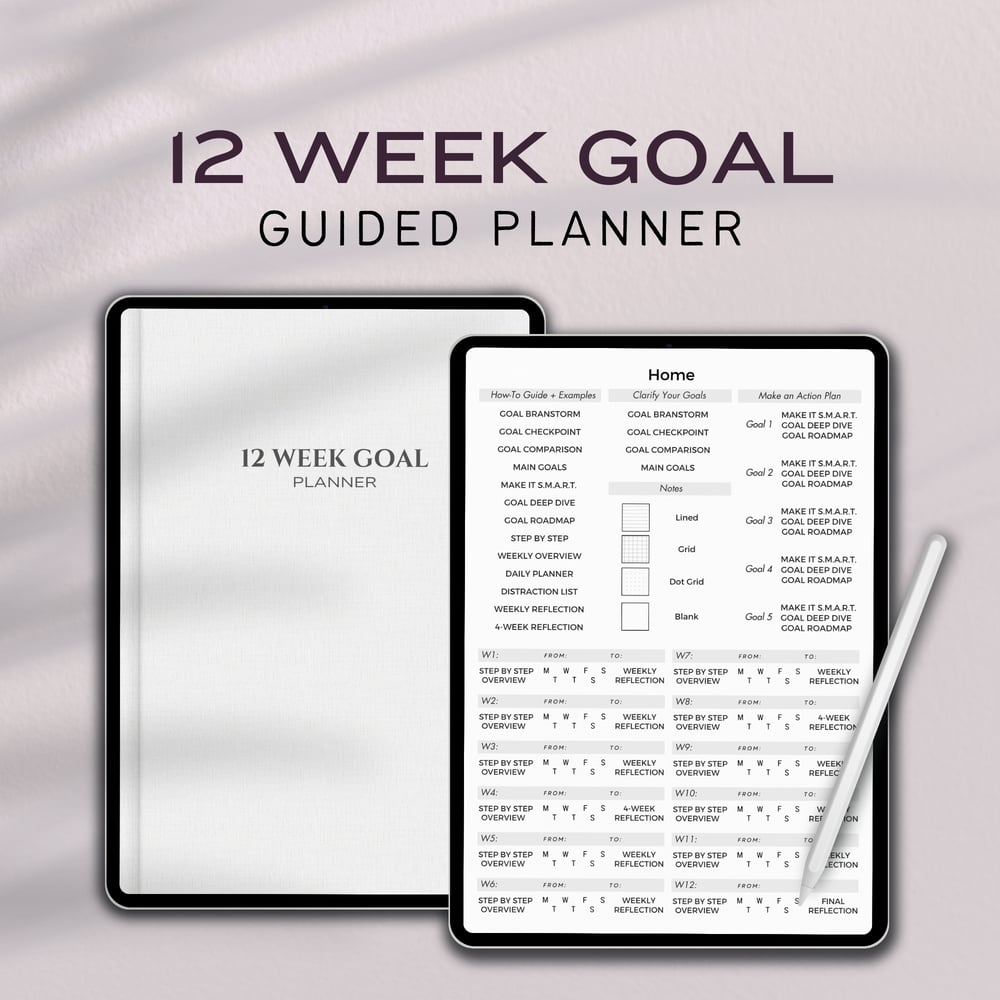
If you’re looking for a structured, guided roadmap to achieve your goals in just 12 weeks, our tried-and-true '12 Week Goal Planner' is for you. Born from our own hands-on journey in goal setting and achievement, this planner has helped us reach our goals, and we believe it can do the same for you.
5. Batch Tasks and Minimize Distractions
When you batch similar tasks together, it’s easier to get into a productive rhythm. This can be especially useful if you have multiple small tasks to complete. Group all your phone calls, emails, or errand-related tasks together, and tackle them in one sitting rather than spreading them throughout the day.
Reducing distractions is also key. Turn off phone notifications, use site blockers, or keep your workspace clutter-free to make it easier to focus on the task at hand.
Example: If you’re a freelancer with multiple clients, schedule all client calls on the same day or during the same time block each day. By handling similar tasks together, you avoid the constant context-switching that can slow you down.
6. Use External Accountability

Accountability is a powerful motivator when discipline is lacking. By involving others, you create a sense of responsibility that can push you to follow through on tasks. Telling a friend, family member, or coworker about your goals can keep you on track, especially if they’re checking in regularly.
Example: Let’s say you’re trying to exercise regularly. Find a workout buddy or join a group class where you know others will be expecting you. It’s much harder to cancel on plans when someone else is relying on you to show up!
7. Use Rewards to Reinforce Progress
Rewards create positive reinforcement, making it easier to stay motivated and build lasting habits. When you complete a task, give yourself a meaningful reward—whether it's a short break, a treat, or an activity you enjoy—to associate productivity with positive outcomes. Over time, these small incentives can help rewire your brain to view productivity as fulfilling rather than exhausting.
Example: If you have a goal to study for two hours, reward yourself with a 10-minute break to watch a funny video or check your phone every hour. Knowing there’s a reward on the other side can help you push through moments of low motivation.
8. Visualize the Outcome, Not Just the Task

Visualization is a powerful tool to stay focused on your “why.” Instead of fixating on the effort required, picture the sense of accomplishment and positive impact that completing your task will bring. Envision the success, relief, or satisfaction you’ll feel once it’s done. This mental shift can boost motivation and make daunting tasks feel more worthwhile.
Example: If you’re struggling to stick to a personal project, take a moment to imagine the final result. Picture yourself completing it, feeling proud, or sharing it with others. For instance, if you’re writing a book, visualize it on a bookstore shelf with your name on the cover. Keeping the outcome in mind can make the process feel worthwhile.
9. Focus on Progress, Not Perfection
A common productivity trap is perfectionism—the idea that if you can’t do something perfectly, it’s not worth doing at all. This mindset is especially problematic for those who lack discipline, as it can lead to procrastination or fear of starting. Instead of aiming for perfection, focus on making steady progress.
Remember, done is better than perfect. As long as you’re moving forward, you’re being productive. Over time, this approach builds momentum and leads to better results.
10. Be Kind to Yourself and Adjust When Needed

Productivity doesn’t come easily to everyone, and it’s important to recognize that lacking discipline doesn’t make you lazy or unmotivated. Everyone works differently. When you slip up or fail to meet a goal, don’t dwell on the mistake. Instead, forgive yourself and adjust your approach.
The key is to refocus quickly after a setback without letting guilt or frustration drag you down. Over time, small changes in behavior can lead to better habits and improved discipline.
You don’t need ironclad discipline to be productive. By breaking tasks down, working in short bursts, creating external accountability, and minimizing distractions, you can get things done even when willpower is low. Productivity is less about forcing yourself into rigid routines and more about finding strategies that work for your unique style and challenges. With time and practice, you’ll discover what helps you stay on track and achieve your goals, no matter where you stand on the discipline spectrum.

